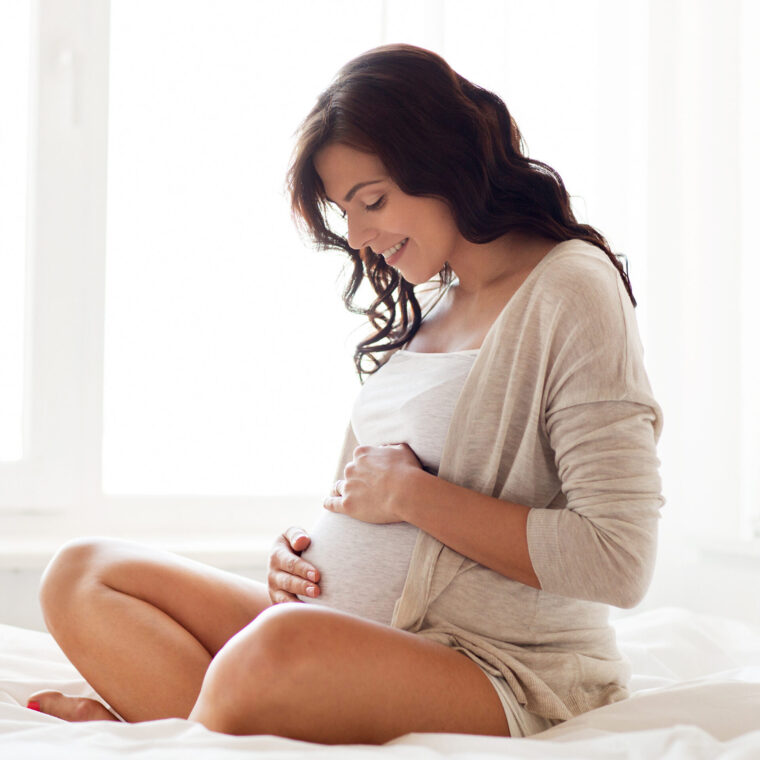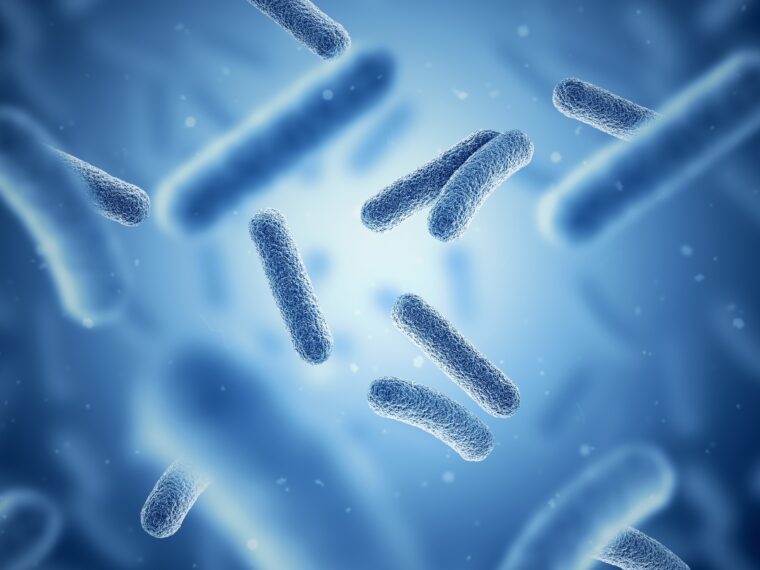Most of the ways of managing, relieving and preventing constipation during pregnancy are as simple as keeping an eye on certain aspects of your lifestyle, and adjusting diet and activity levels where necessary. For example:
- Eat more fibre. This is especially important if you’re taking iron supplements, in which case you should increase your intake of high fibre foods such as fruits, wholegrains, vegetables and nuts. This helps bulk your stool with material that absorbs water, making it softer and easier to pass.7
- Drink plenty of water. Pregnant women are advised to drink 8 glasses of water each day, which helps keep poo hydrated and soft, and helps make bowel movements easier.8
- Keep active. Doing gentle exercises is a good way to ensure that your digestive system keeps working properly. Things like walking, swimming, prenatal yoga or aerobics classes are all great options for pregnant women.9
Sometimes, however, simple lifestyle changes aren’t quite enough to prevent or soften a stubborn stool. For those times, there is Movicol® – a stool hydrator that is gently formulated so you can take it during pregnancy. Medicines can affect the unborn baby. Always talk to your doctor or pharmacist before taking any medicine in pregnancy.
Movicol® contains an active ingredient called macrogol, which binds with water– drawing moisture into dry, stubborn stools so that they become hydrated, softer and easier to pass. You can read more about exactly how Movicol® gets stubborn stools moving here.
By taking Movicol® when you recognise signs of a stubborn stool, pregnant women can help restore their body to its natural rhythms at a time during which relaxation and relief are very important.
Date of Prep: June 2024 | GL-GE-MOV-2400039




